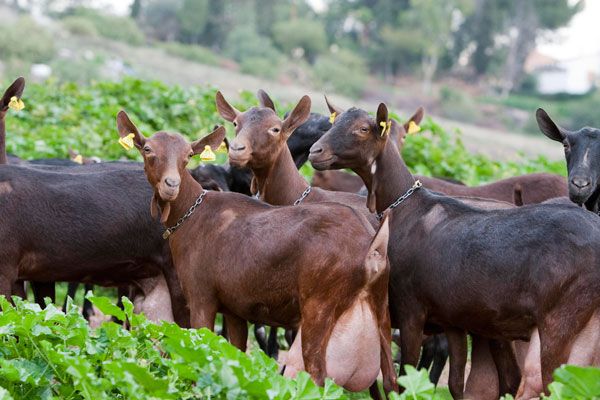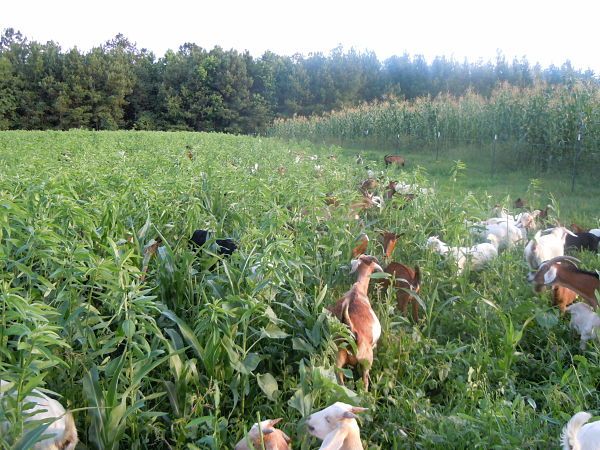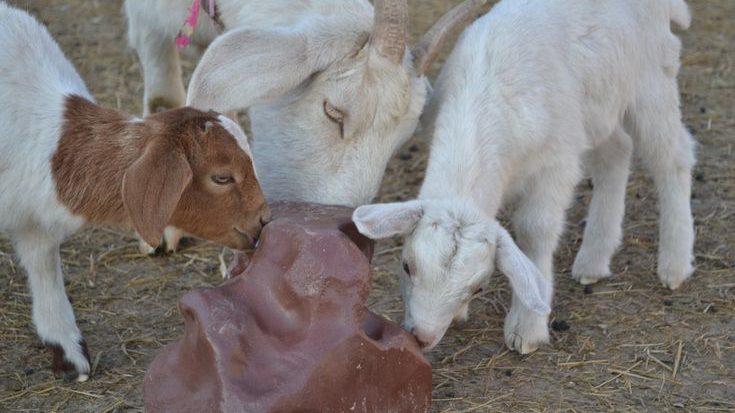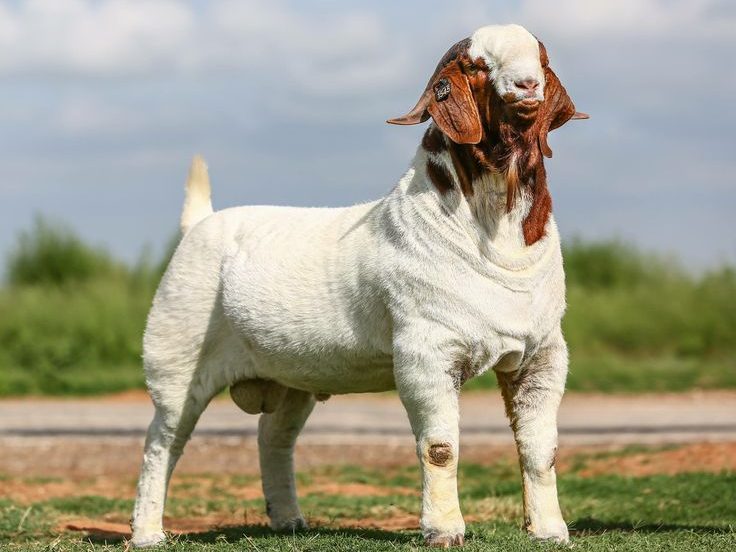Proper nutrition is the foundation of a healthy, productive goat herd. Understanding what goats need in their diet helps ensure they grow well, produce quality milk or meat, and stay resistant to diseases. This guide covers the essential components of a balanced goat diet and practical feeding tips for maximizing your goats’ health and productivity.
1. Understanding a Goat’s Nutritional Needs
Goats are ruminants, which means they have a specialized digestive system designed to break down roughage like grass and shrubs. Their diet should primarily consist of fibrous food, but it also requires a balance of energy, protein, vitamins, and minerals to meet different production needs, whether for milk, meat, or fiber.

2. Key Components of a Balanced Diet
Forage and Roughage
The main portion of a goat’s diet should come from forage, including grasses, shrubs, and legumes. Goats are natural browsers, meaning they prefer to graze on a variety of plants. Forage provides essential fiber, which is crucial for healthy digestion. Aim to provide access to pasture or quality hay to meet this need.

Grains and Supplements
Grains can offer a valuable source of energy, especially for lactating or growing goats. However, grains should be fed in moderation since too much can lead to digestive issues. Common grains for goats include corn, oats, and barley. High-protein grains or protein supplements, like soybean meal, can be beneficial for breeding or dairy goats.
On a similar note, at Kimd Group Companies, we support beginner farmers by offering tailored business proposal writing services and design plans for various animal capacities. Whether you’re just starting out or looking to expand, we provide the resources and expertise to help you succeed in the farming industry.
Minerals
Goats need a steady intake of minerals to support overall health, growth, and reproductive performance. A loose mineral mix specifically formulated for goats should be available at all times. This typically includes calcium, phosphorus, and essential trace minerals such as selenium and copper.

Fresh Water
Clean, fresh water is essential for all goats. Hydration is particularly important for lactating goats, as it directly impacts milk production. Ensure goats have continuous access to water and check it regularly to keep it clean.

3. Feeding for Specific Production Goals
Dairy Goats
Lactating goats need additional protein and energy to support milk production. Adding protein-rich grains, high-quality forage, and a balanced mineral mix can help boost milk yield and quality.
Meat Goats
Meat goats benefit from higher energy feeds that support growth and muscle development. While forage remains a staple, consider supplemental grains during growth phases to increase weight gain.

Kids and Young Goats
Young goats need extra protein and energy for proper growth and development. Providing high-quality hay, grains in moderation, and milk (if bottle-feeding) can help kids grow into healthy, productive adults.

4. Feeding Schedule and Tips
- Regular Feeding: Goats do best with a regular feeding routine. Try to feed at the same times daily to create a stable environment.
- Avoid Overfeeding Grains: Limit grain intake to avoid bloating and other digestive issues. For adult goats, grains should make up no more than 10-15% of their diet.
- Provide Variety: Goats are natural foragers who enjoy a variety of plants. Offering different types of forage keeps them interested and can improve nutrient intake.
- Watch for Poisonous Plants: Goats may occasionally consume toxic plants if they’re available. Familiarize yourself with plants that are poisonous to goats and remove them from their environment.
Conclusion
Feeding goats properly is essential for health, productivity, and overall herd success. By focusing on balanced forage, moderate grains, mineral supplements, and ample fresh water, you can ensure your goats get the nutrition they need. A well-fed herd is a strong, productive herd, setting the foundation for a profitable goat farming operation.
